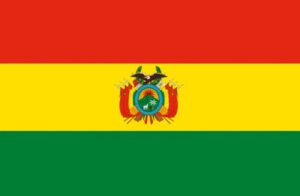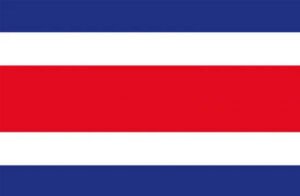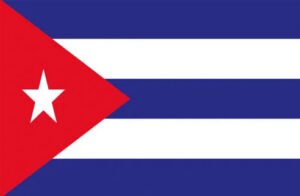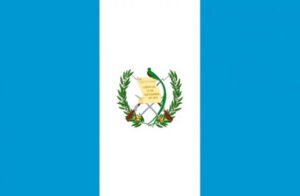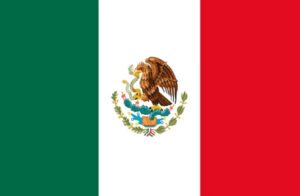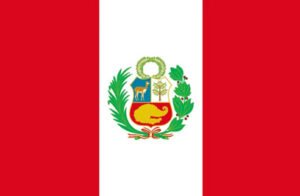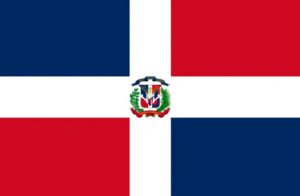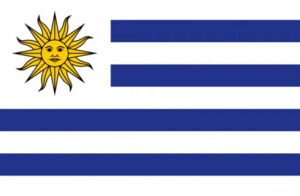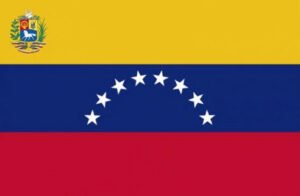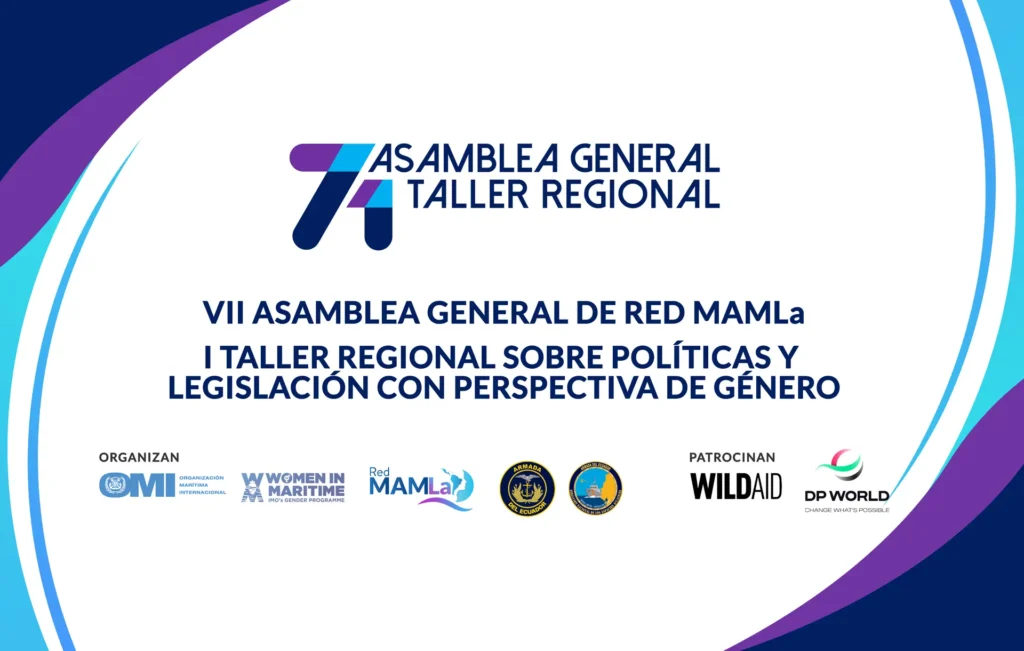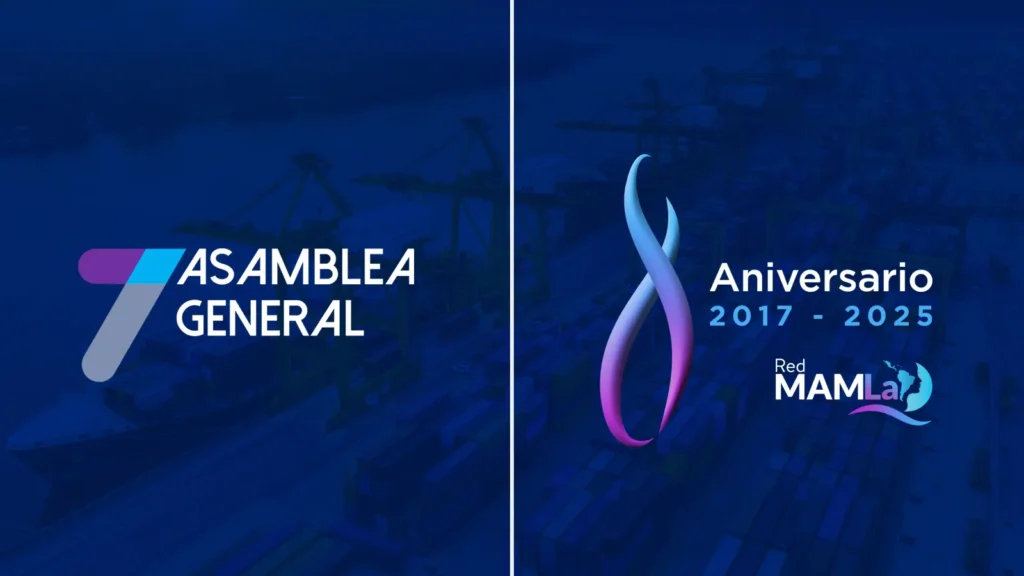
Conferencia Regional y 8° Aniversario de Red MAMLa
Modalidad Virtual
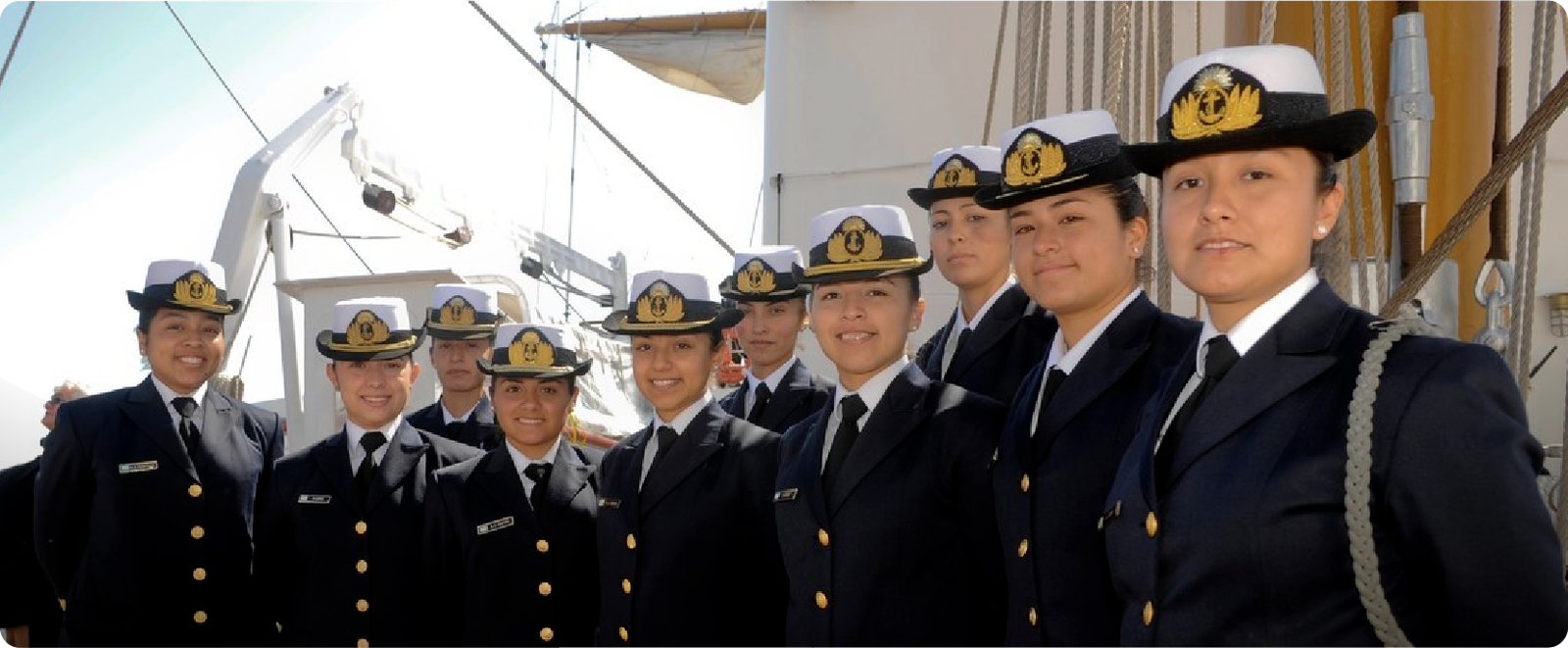
195 días en la fragata "Libertad"
46 Viaje de instrucción
Argentina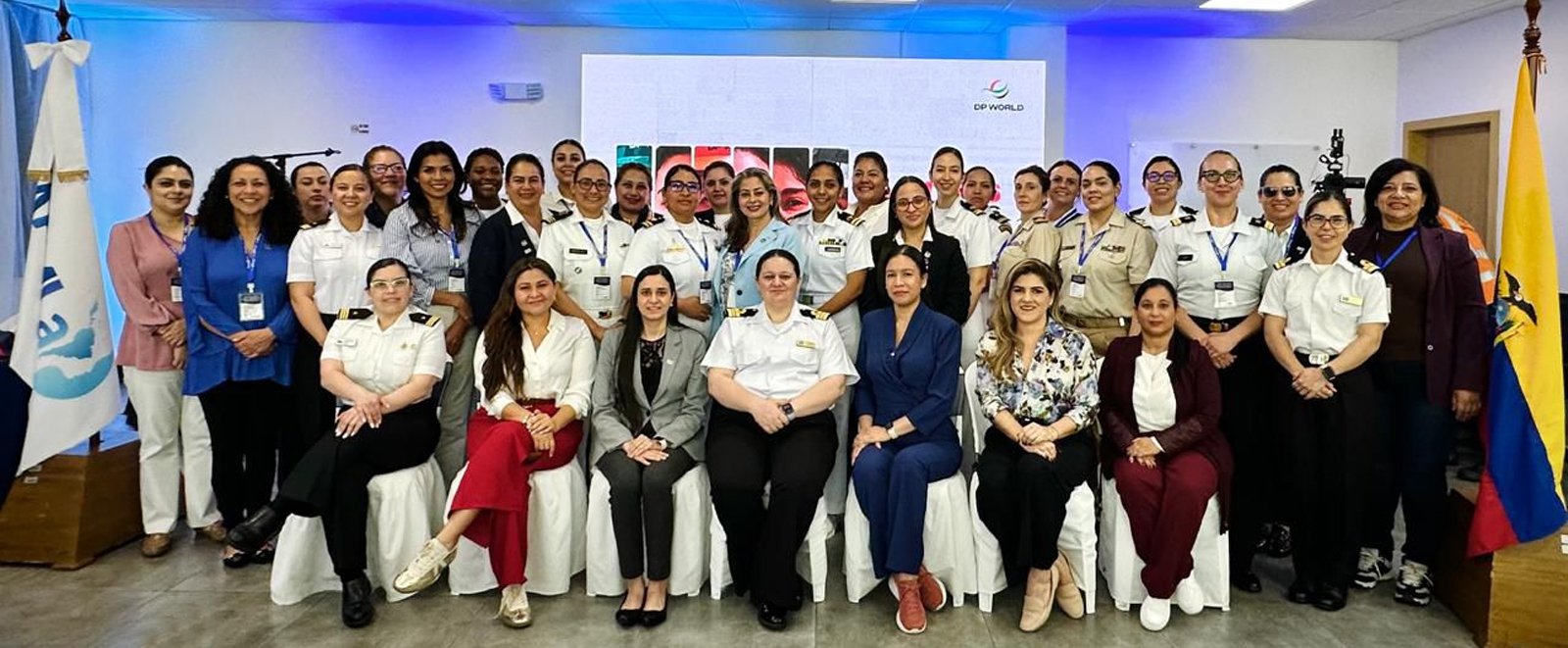
VII Asamblea General de Red MAMLa
Ecuador 2025
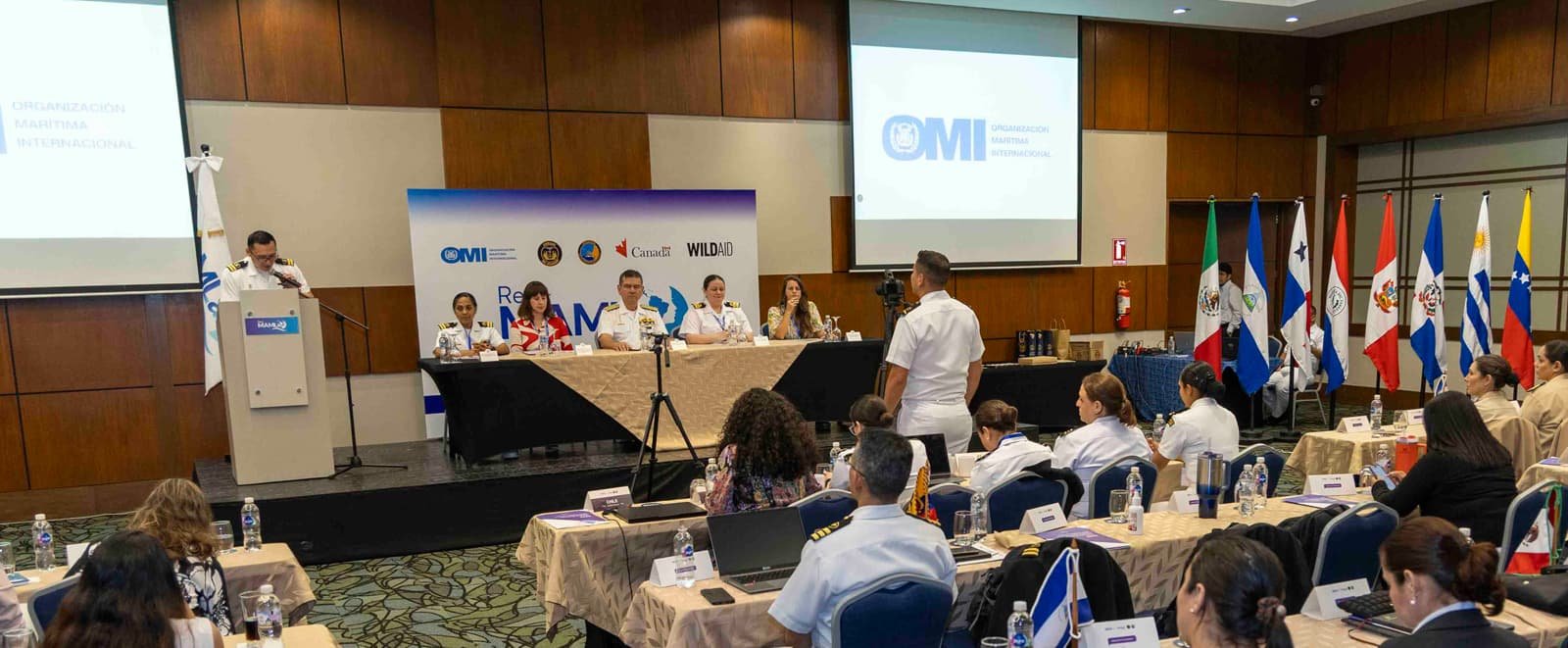
I Taller Regional sobre Políticas y Legislación con Perspectiva de Género
Organización Marítima Internacional – Red MAMLa
EcuadorThe sea unites us
We seek to integrate women from Latin America who work in the maritime and port sector.

The Network of Women in Maritime Authorities of Latin America: RED MAMLA
We are one of the eight Women in Maritime Associations (WIMA) established under the International Maritime Organization (IMO) Gender Programme.
Our work is focused on creating spaces and opportunities that promote the comprehensive development of women in the maritime sector across the region.
News Blog
VIEW ALL NEWS →
RED MAMLa AND SENACYT: PROMOTING GENDER EQUALITY IN SCIENCE, TECHNOLOGY, AND INNOVATION IN PANAMA’S MARITIME SECTOR
Ciudad del Saber, Panama – The Latin American Maritime Authorities Women’s Network (Red MAMLa), represented by its General Coordinator, Farash…
CONTINUE READING

RED MAMLa PRESENT AT THE CELEBRATION OF HONDURAN WOMEN’S DAY
At an event held on the morning of January 30, 2026, the president of the MAMLa Network, attorney Magdalena Santos,…
CONTINUE READING
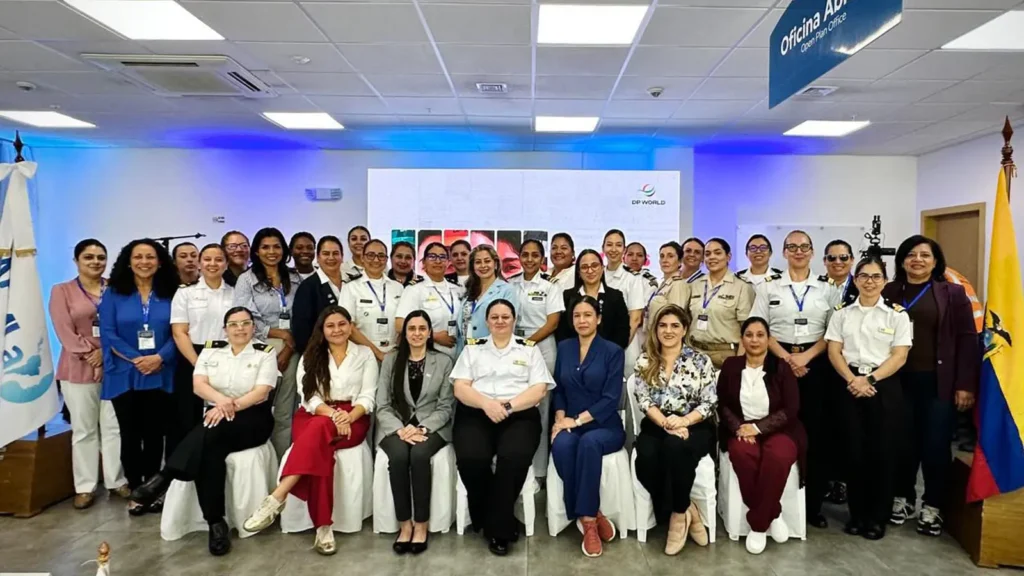
VII GENERAL ASSEMBLY OF RED MAMLa: REGIONAL COOPERATION, LEADERSHIP AND A SHARED VISION FOR THE FUTURE
The Network of Women of Maritime Authorities of Latin America (Red MAMLa) successfully held its VII General Assembly, within the…
CONTINUE READING

MESSAGE FROM THE PRESIDENCY ON THE OCCASION OF THE 8TH ANNIVERSARY OF MAMLa NETWORK
Dear Members,Today, we celebrate eight years of our Network’s life with great emotion. These past eight years have been filled…
CONTINUE READING

MACh NETWORK AND MAMLa NETWORK MEETING: STRENGTHENING COOPERATION AMONG WOMEN IN THE MARITIME INDUSTRY
The Chilean Women Customs Officers Network (Red MACh) extended a special invitation to our Honorary Member and Web Editor of…
CONTINUE READING
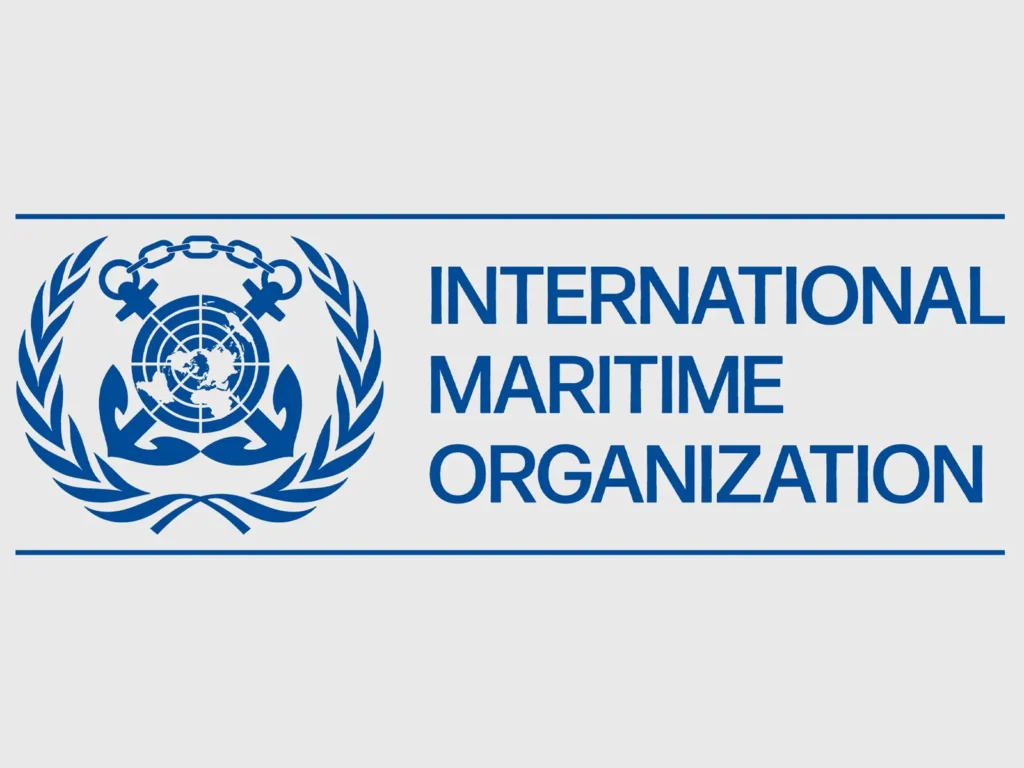
IMO UNVEILS NEW LOGO AND VISUAL IDENTITY
The International Maritime Organization (IMO) officially announced the update of its logo and visual identity during the 34th session of…
CONTINUE READING
Maritime Chronicles
VIEW ALL CHRONICLES →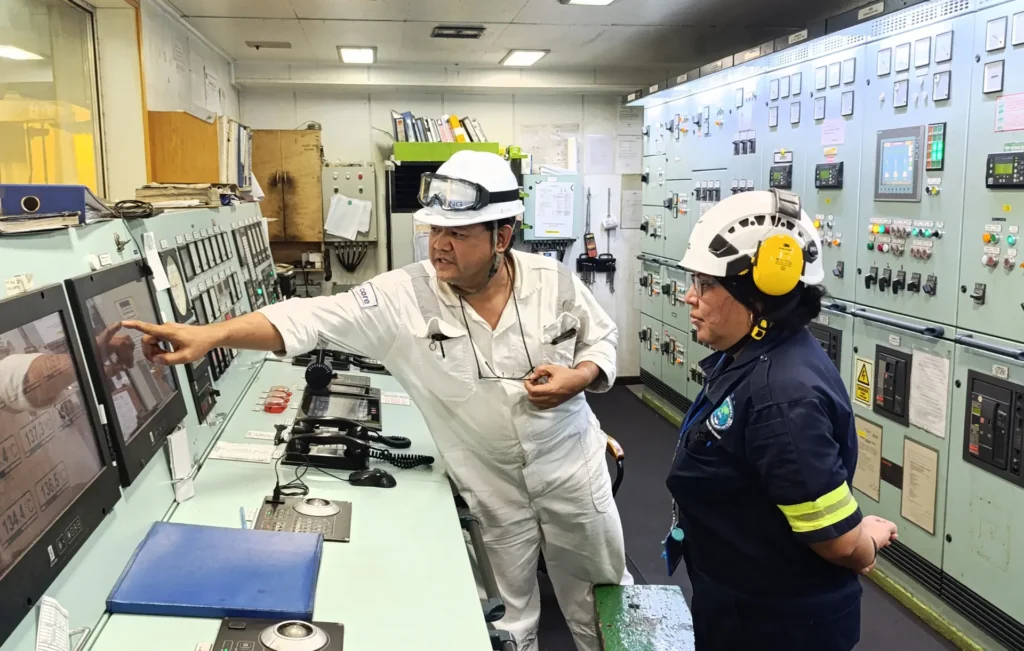
THE ROLE OF WOMEN IN THE PORT STATE CONTROL (PSC)
The development of the maritime legal framework in Honduras has been key to positioning the country as a relevant actor…
CONTINUE READING
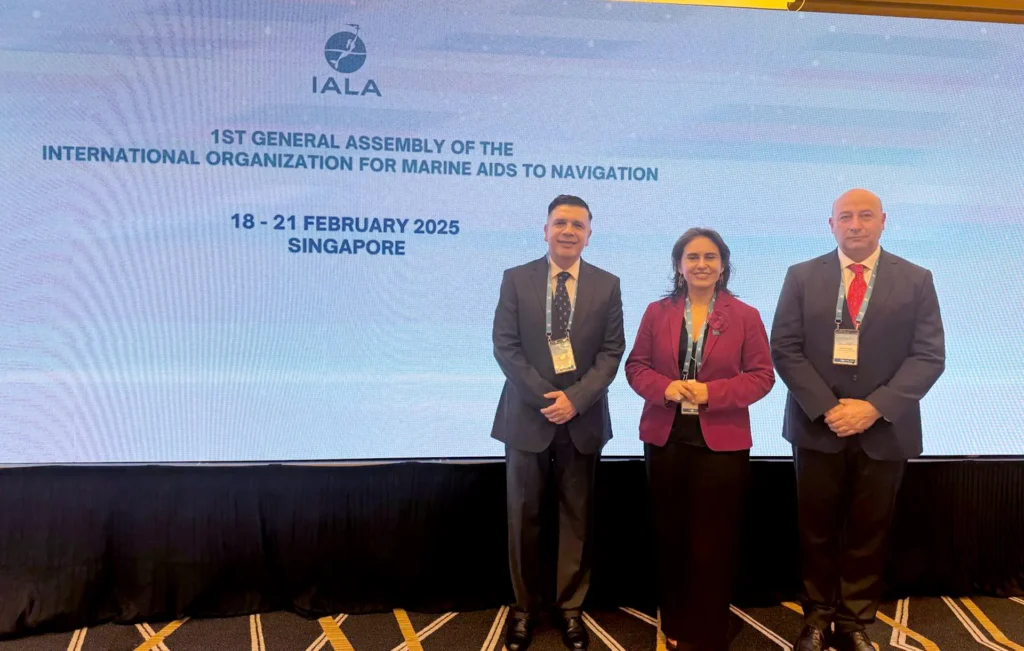
CHILE AT THE IALA COUNCIL: REGIONAL LEADERSHIP IN GLOBAL MARITIME GOVERNANCE
Chile’s election as a member of the Council of the International Association of Maritime Signaling Authorities (IALA), in its new…
CONTINUE READING
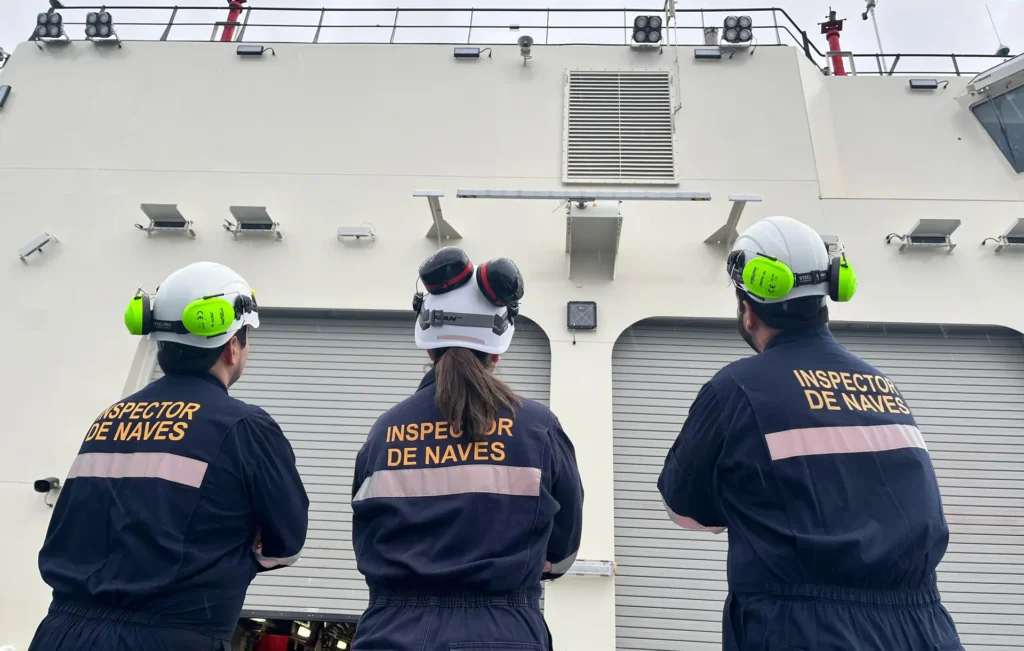
NAVAL ENGINEERING: THE FOUNDATION OF MARITIME SAFETY
In the vast maritime arena that connects continents, cultures, and economies, maritime safety has become an indispensable requirement for global…
CONTINUE READING
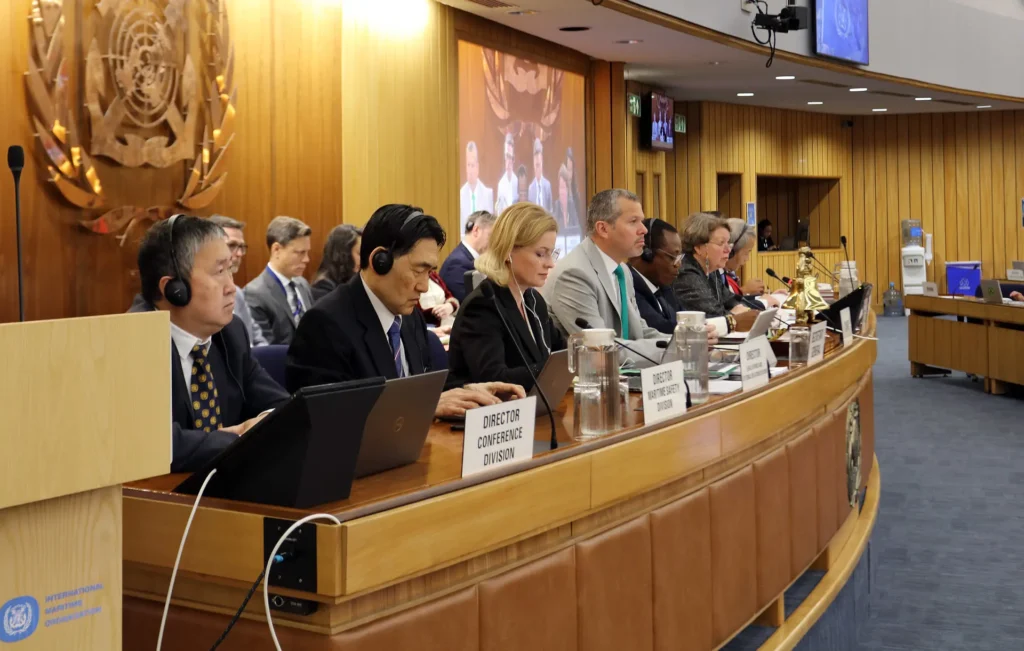
CLIMATE REGULATION AND PROSPECTS FOR THE INCLUSION OF MARITIME SUPPORT
1.- INTRODUCTION Between March 31 and April 11, 2025, the International Maritime Organization (IMO) held a series of key meetings…
CONTINUE READING
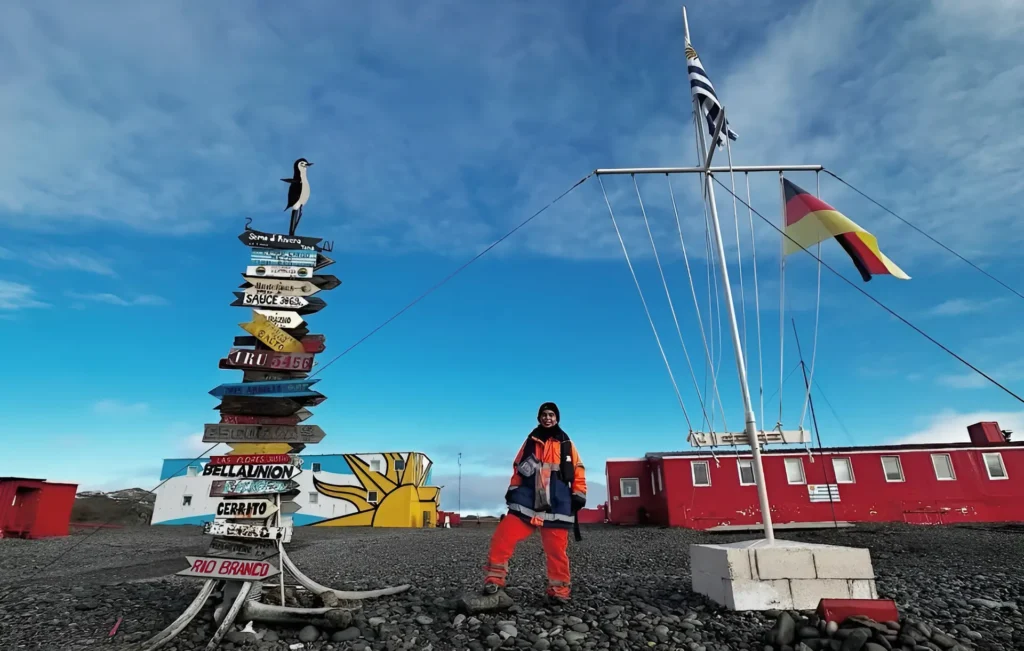
PARADISIACAL DEFEAT TO ANTARCTIC PARADISE
I thought of several alternatives to name this chronicle, “The Antarctic Paradise”, “The White Continent”, “Everyone’s Antarctica”, but none of…
CONTINUE READING
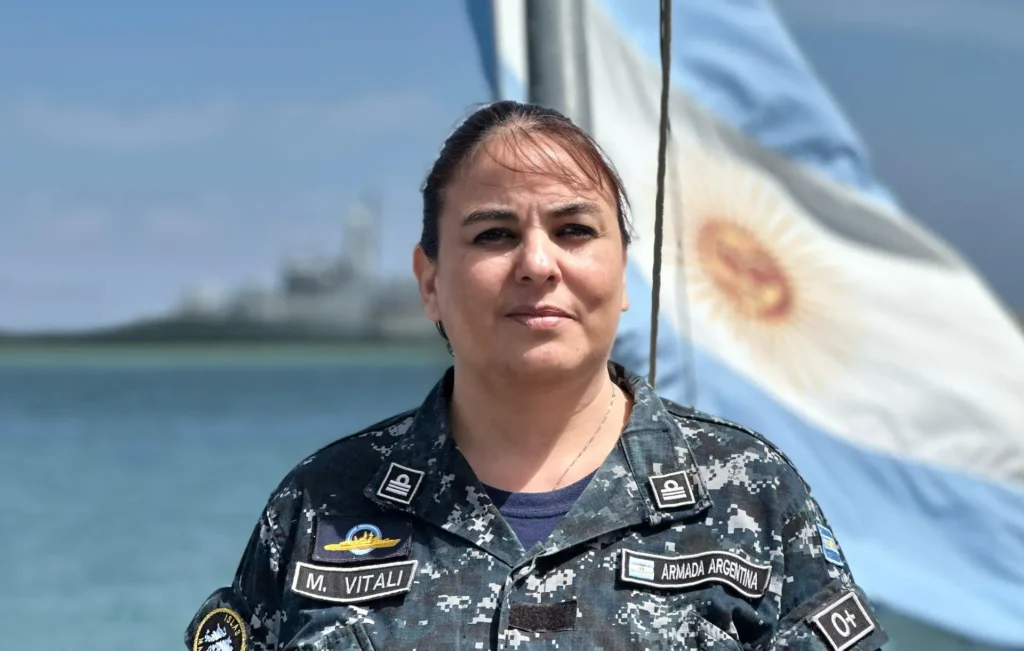
SAILING THROUGH CHALLENGES
I knew I wanted to be a military woman before I learned how to ride a bicycle. At the age…
CONTINUE READING
Gallery & Multimedia
VIEW ALL GALLERY & MULTIMEDIA →
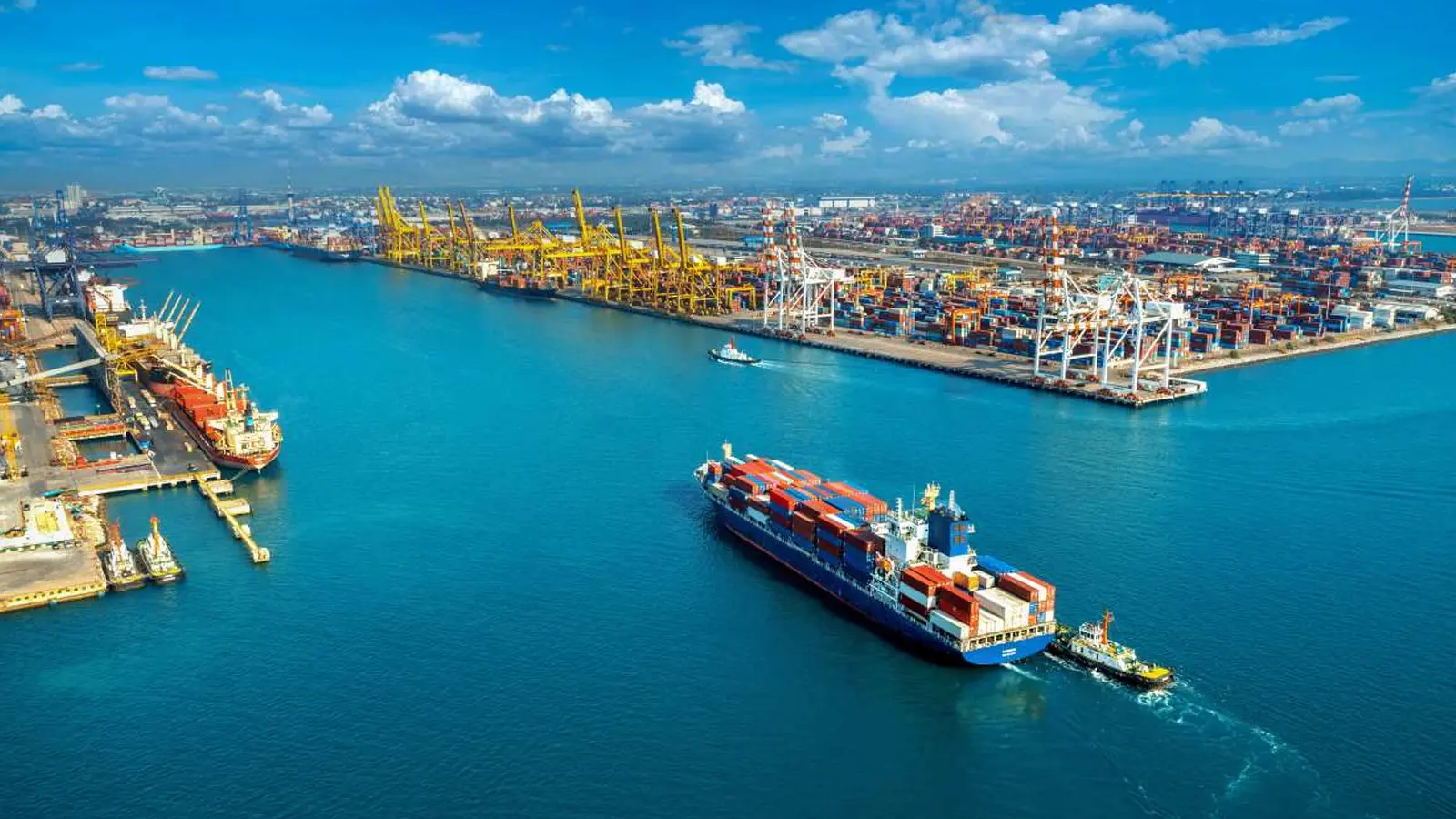


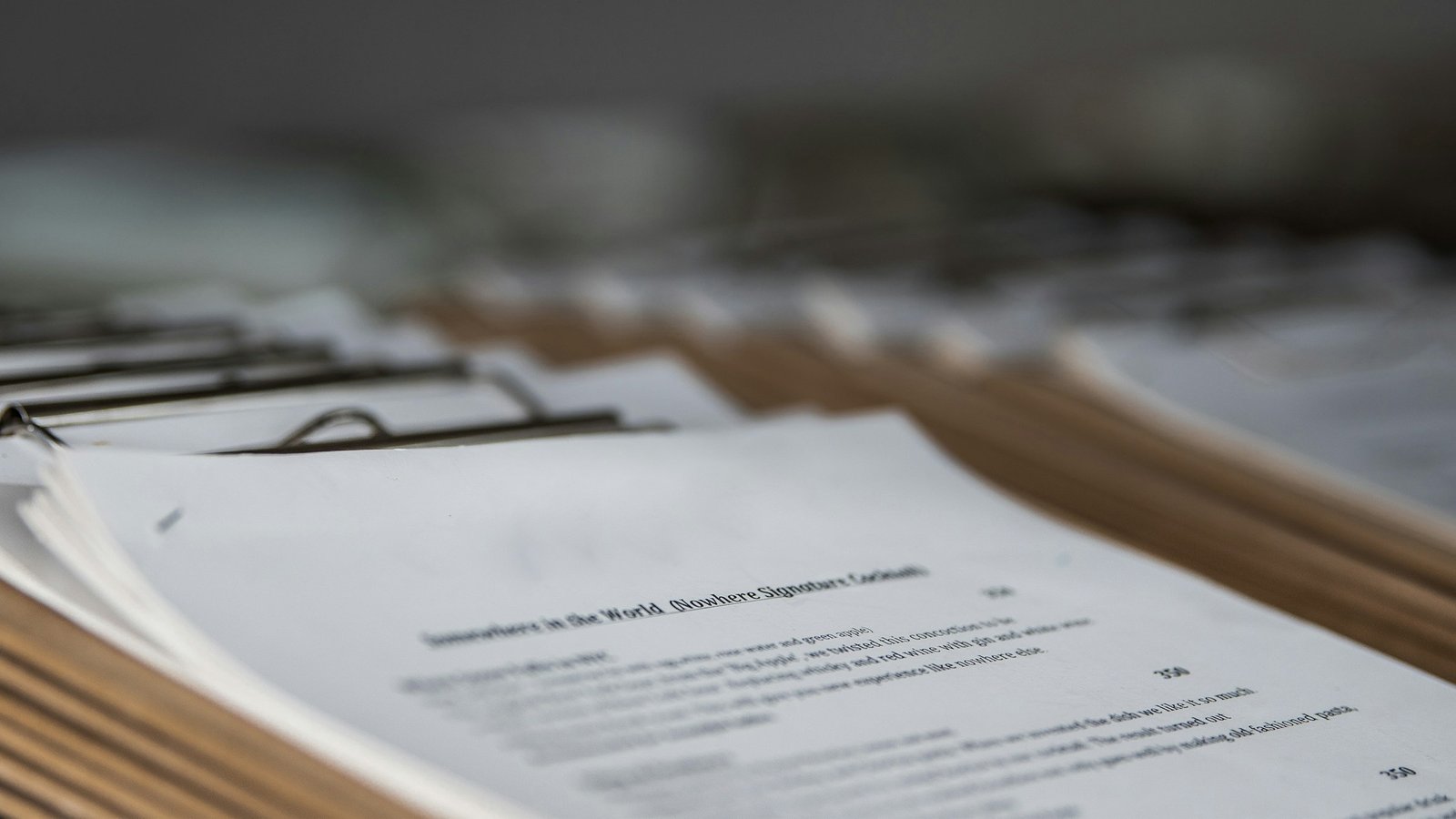
1
/
5
MEMBER STATES
VIEW ALL MEMBERS →Headquarters address.
Maritime Authority of Panama.
P.O. Box 0843-00533.
Diablo Height, Ancón
Republic of Panama.
REDMAMLA.ORG © 2025 – International Maritime Organization (IMO)
Design and development by pimba estudio & Lissette Moreno


